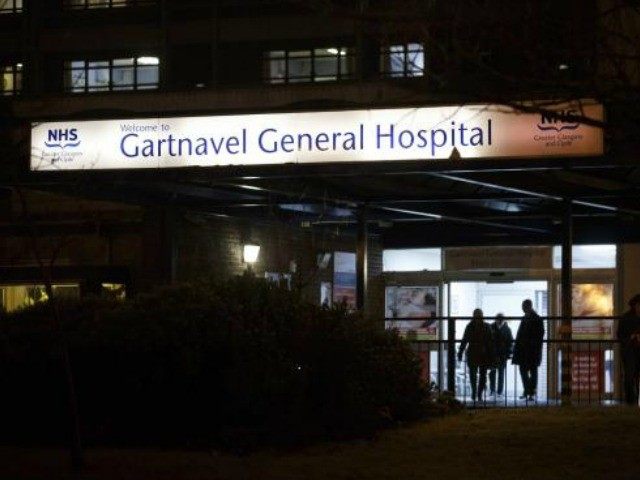The United Kingdom confirmed its first positive Ebola case this week in Scotland. Nurse Pauline Cafferkey was treated at Glasgow’s Gartnavel Hospital after she returned from Sierra Leone on Sunday night.
“The patient was admitted to hospital early in the morning after feeling unwell and was placed into isolation at 7.50 a.m,” said NHS Scotland, according to CNN. “All possible contacts with the patient are now being investigated and anyone deemed to be at risk will be contacted and closely monitored. However, having been diagnosed in the very early stages of the illness, the risk to others is considered extremely low.”
On Tuesday, the medical community transferred her to the Royal Free Hospital in London, which retains a specialized isolation unit. The unit has successfully treated another patient, William Pooley, who recovered from Ebola.
Cafferkey volunteered with charity group Save the Children in Sierra Leone along with 50 other NHS workers. She spent a month in the country to treat people with Ebola and built a new hospital in Kerry Town. She immediately contacted NHS when she had a fever, one of the first symptoms of Ebola. Authorities believe her partner is the only person she was in contact with since she arrived home.
Sierra Leone, Guinea, and Liberia are ground zero for Ebola. The disease first broke out in January 2014 and new cases have continued to surface rapidly, especially in Sierra Leone. In October, Liberia confirmed their Ebola case numbers have fallen, which has not been the case in Sierra Leone. On December 12, the government imposed a two-week lockdown in the eastern region of Sierra Leone due to “[P]iles of bodies, overwhelmed medical personnel and exhausted burial teams” in Kono, according to ABC News. President Ernest Bai Koroma canceled Christmas and New Year celebrations on December 14. The country reported 1,300 new cases in the past three weeks, which placed them above Liberia with the “highest number of [cases of] the deadly virus.”
On Monday, The Daily Mail reported over fifty new Ebola cases on Liberia’s border with Sierra Leone. Authorities believe the outbreak is due to locals continuing traditional burial practices, which puts people in direct contact with dead victims and their bodily fluids. Ebola victims are most contagious immediately after they die.
The World Health Organization said Ebola infected over 20,000 people and killed 7,842 people.

COMMENTS
Please let us know if you're having issues with commenting.